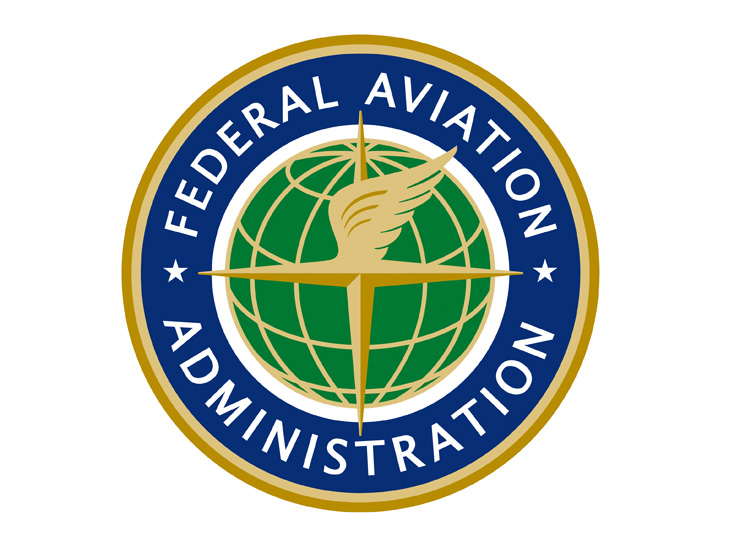
Two powerful US Senators have just introduced legislation that would compel the Federal Aviation Administration (FAA) to extend Beyond Visual Line of Sight (BVLOS) authority to more US drone flights, reducing the need for drone operators to secure case-by-case exemptions and waivers to existing FAA regulations that many believe are hampering the growth of the drone industry.
The bipartisan legislation, sponsored by Virginia Democratic Senator Mark Warner and South Dakota Senator John Thune, a Republican, addresses long-standing complaints from drone industry stakeholders that the FAA’s current regulatory system is unduly complex and that decisions about BVLOS waivers and exemptions are made without clear guidelines, leaving drone fliers in the dark about how to secure authority for advanced drone flights.
In recent years, only a small number of companies have received a standing waiver or exemption from current FAA drone flight regulations. Most companies are still required to seek approval for BVLOS operations prior to each proposed commercial operation and in some cases, prior to each flight. BVLOS flights in close proximity to populated areas and to roadways with heavy vehicle traffic are rarely granted, even when the drones in question have passed the FAA’s own rigorous safety tests. All told, less than 20% of all requests for BVLOS waivers or exemptions were approved by the FAA during the past decade, official records show.
The new legislation comes on the heels of a report by the US Government Accountability Office (GAO), Congress’ investigative arm, which heavily criticized the FAA for failing to create a “comprehensive” national airspace management system for drones, despite years of pressure from past administrations as well as from Congress to establish one.
The GAO report, based on a review of FAA planning documents as well as in-depth interviews with FAA officials and drone industry stakeholders, found that the FAA was granting BVLOS authority to companies on an ad hoc case-by-case basis that lacked overall consistency, giving some industry sectors and even companies unfair advantages over others and creating bottlenecks and delays that were hampering drone industry growth overall.
The GAO called for the FAA to expedite its planning for a comprehensive regulatory overhaul that was first promised back in 2012 and that was originally scheduled to be completed back in 2015. Last year, the FAA did agree to set up a stakeholder review of its BVLOS waiver and exemption regulations and has granted a limited number of additional waivers, but far fewer than the growing number requested by industry stakeholders, which has prompted renewed pressure on Congress to compel the FAA to act.
Drone industry supporters point to other countries, including Japan and the UK, that have accelerated regulatory approval of BVLOS flights in recent years that allow their companies to conduct long-distance aerial delivery operations, speeding the development of commerce in specific sectors, including agriculture, real estate and retail sales. The British government recently announced plans to complete a 165-miles drone “super highway” that would allow for autonomous drone flights across much of central England by mid-2024. By contrast, only one drone “corridor” – just 50-mile long, and limited to upstate New York, away from major cities – has been approved to date by the FAA.
The new drone bill, known officially as the “Increasing Competitiveness for American Drones Act of 2023,” would expedite approval of drone waiver and exemption requests by allowing drone operators under a certain weight to complete their own flight risk assessments while those above that level would be able to receive expedited approval without unnecessary delay. The bill also calls for the establishment of a special Unmanned Aerial Systems Certification Unit within the FAA – overseen by a senior FAA official – with the sole authority to issue all rulemakings, certifications, and waivers.
Michael Robbins of the Association of Uncrewed Vehicle Systems International, one of the industry groups that pushed for the bill, applauded the two Senators for taking action. “Commercial drone operations provide valuable services to the American public and workforce – but significant regulatory hurdles are hampering these benefits from reaching their fullest potential and jeopardize U.S. global leadership in aviation,” said “The regulatory challenges are not driven by safety, they are hampered by bureaucracy. We accordingly have urged Congress to prioritize drone integration, and we are grateful for the support of Senators Warner and Thune in this cause.”
The proposed legislation could face weeks of debate – including pushback from the FAA – and may require amendments before the full Senate approves the bill (in some form) and both houses of Congress vote it into law later this year.
|